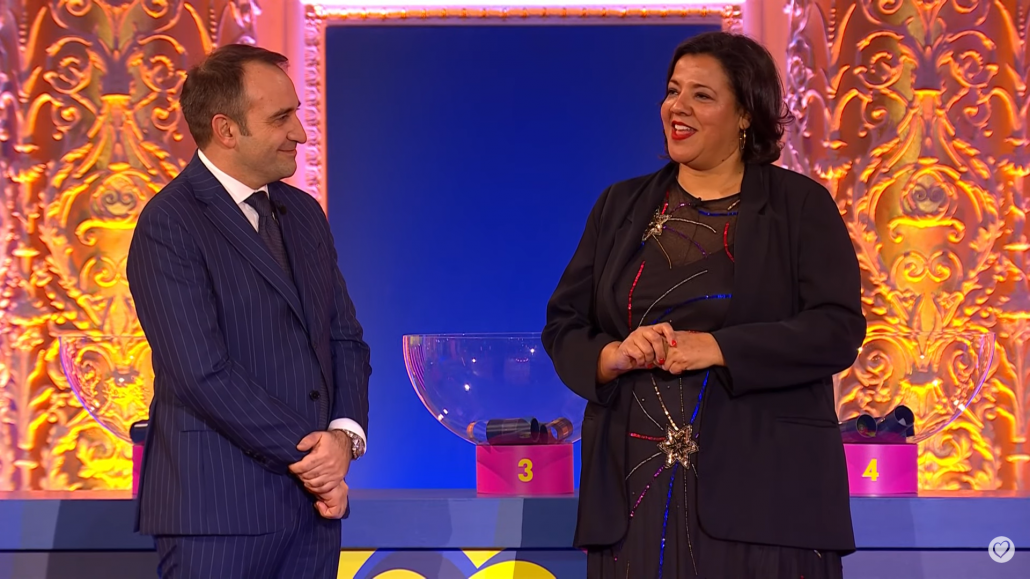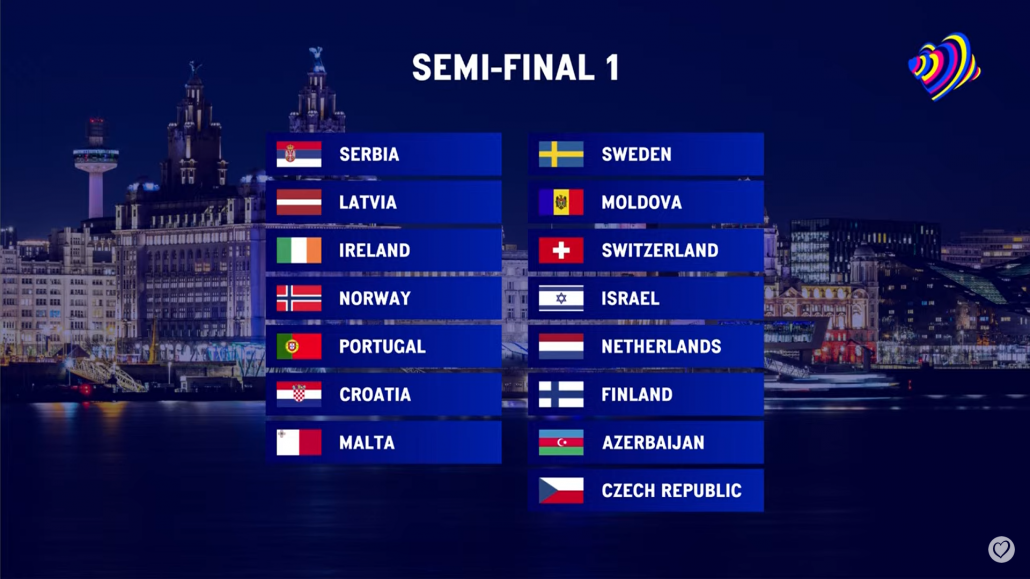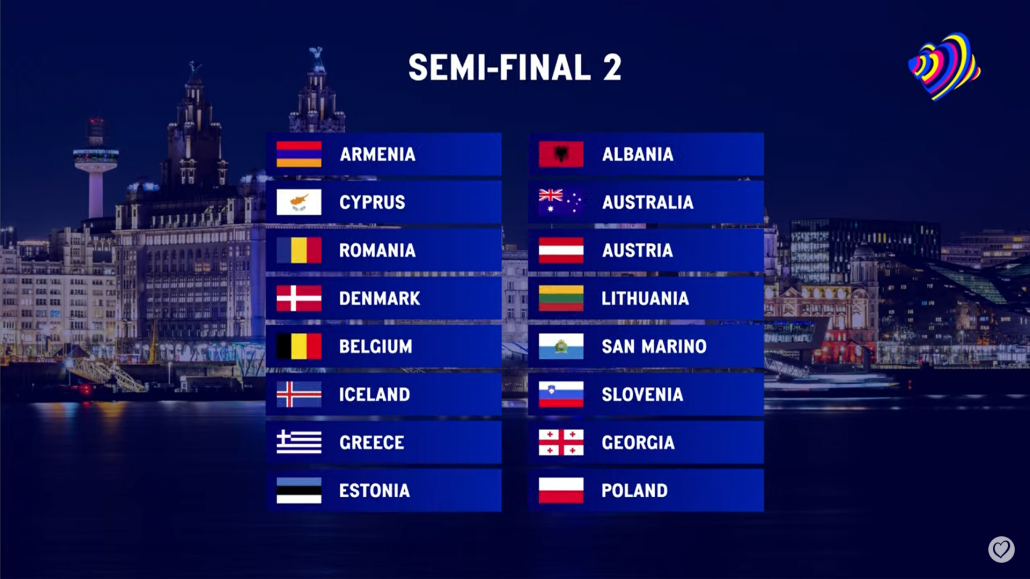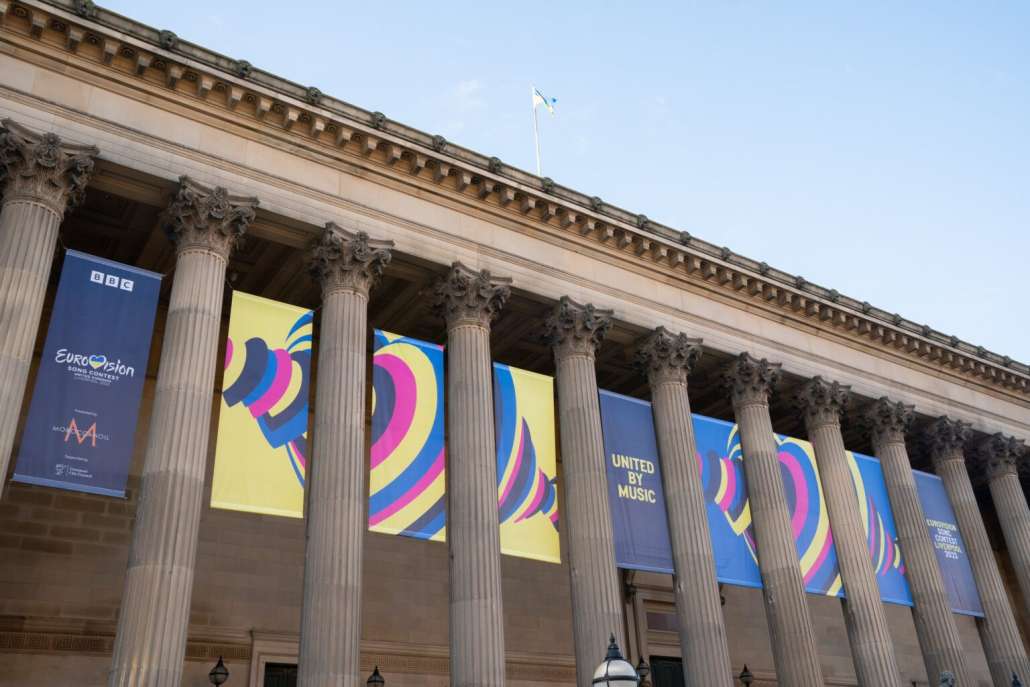Armenia: Listen to “Future Lover” by Brunette for Eurovision 2023!
A month ago, Armenia‘s public television, AMPTV, announced that Brunette will be the country’s representative in Liverpool this May.
Through her personal Instagram account, Brunette had revealed that the song would be presented tonight via Eurovision’s official YouTube channel.
The song is titled “Future Lover” and is in English.
Listen to “Future Lover” below:
https://www.youtube.com/watch?v=Co8ZJIejXBA
A few words about Brunette:
Brunette has been singing since the age of four and writing music since she was fifteen. She released her first single, “Love the Way You Feel”, at the age of 18 in September 2019. She later joined Project 12, a Yerevan-based band that performed in nightclubs.
Brunette is also a member of the girl group En aghjiknery (ThoseGirlz), known for their 2022 single “Menq“. In the same year, Brunette released the singles “Gisher”, “Smoke Break” and “Bac kapuyt achqerd” , with the latter going viral on social media.
On 1 February 2023, it was announced that Brunette was internally selected to represent Armenia at the Eurovision Song Contest 2023.
Armenia will be competing in the first half of the second semi-final on 11 May.
What do you think of Armenia’s choice in this year’s competition? Let us know in the comments and stay tuned to Eurovisionfun for all news regarding their participation!







 Citi Zēni – “Eat Your Salad” – Latvia 2022
Citi Zēni – “Eat Your Salad” – Latvia 2022  Efendi – “Mata Hari” – Azerbaijan 2021
Efendi – “Mata Hari” – Azerbaijan 2021 Blind Channel – “Dark Side” – Finland 2021
Blind Channel – “Dark Side” – Finland 2021 Helena Paparizou – “My Number One” – Greece 2005
Helena Paparizou – “My Number One” – Greece 2005 Mor ve Ötesi – “Deli” – Turkey 2008
Mor ve Ötesi – “Deli” – Turkey 2008 Marija Šerifović – “Molitva”– Serbia 2007
Marija Šerifović – “Molitva”– Serbia 2007 Lena – “Satellite” – Germany 2010
Lena – “Satellite” – Germany 2010 Måns Zelmerlöw – “Heroes”– Sweden 2015
Måns Zelmerlöw – “Heroes”– Sweden 2015 Sunstroke Project & Olia Tira – “Run Away” – Moldova 2010
Sunstroke Project & Olia Tira – “Run Away” – Moldova 2010 Mahmood – “Soldi” – Italy 2019
Mahmood – “Soldi” – Italy 2019 Jérémie Makiese – “Miss You” – Belgium 2022
Jérémie Makiese – “Miss You” – Belgium 2022  Ruslana – “Wild Dances” – Ukraine 2004
Ruslana – “Wild Dances” – Ukraine 2004 Sergey Lazarev – “You Are The Only One” – Russia 2016
Sergey Lazarev – “You Are The Only One” – Russia 2016 MARO – “saudade, saudade” – Portugal 2022
MARO – “saudade, saudade” – Portugal 2022 Barbara Pravi – “Voilà” – France 2021
Barbara Pravi – “Voilà” – France 2021 Ochman – “River” – Poland 2022
Ochman – “River” – Poland 2022 Eleni Foureira – “Fuego” – Cyprus 2018
Eleni Foureira – “Fuego” – Cyprus 2018 Duncan Laurence – “Arcade” – Netherlands 2019
Duncan Laurence – “Arcade” – Netherlands 2019 LUM!X feat. Pia Maria – “Halo” – Austria 2022
LUM!X feat. Pia Maria – “Halo” – Austria 2022 Ronela Hajati –“Sekret” – Albania 2022
Ronela Hajati –“Sekret” – Albania 2022 Netta – “TOY” – Israel 2018
Netta – “TOY” – Israel 2018 Rosa Linn – “Snap” – Armenia 2022
Rosa Linn – “Snap” – Armenia 2022 WRS – ”Llámame” – Ρουμανία 2022
WRS – ”Llámame” – Ρουμανία 2022 Alexander Rybak – ”Fairytale” – Νορβηγία 2009
Alexander Rybak – ”Fairytale” – Νορβηγία 2009 Sam Ryder – ”SPACE MAN” – Ηνωμένο Βασίλειο 2022
Sam Ryder – ”SPACE MAN” – Ηνωμένο Βασίλειο 2022 Chanel – ”SloMo” – Ισπανία 2022
Chanel – ”SloMo” – Ισπανία 2022


